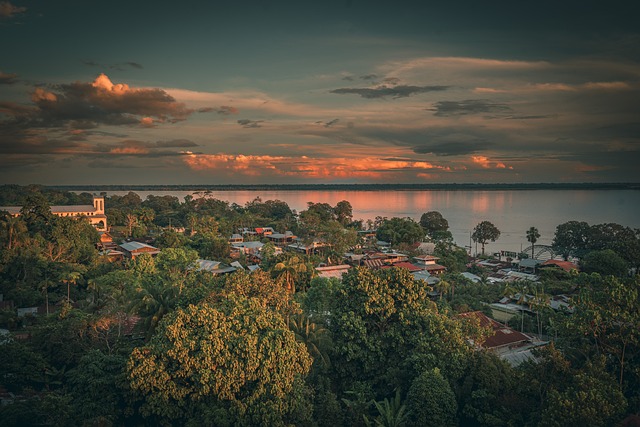This is from the excellent Rob Hopkins podcast From What if to what next – Episode 70 – “What if we all became better utopians?”
Gregory Claeys, who wrote “Utopianism for a dying planet: Life after Consumerism”, describes what he finds in 2030:
So, welcome one and all to 2030. Which would have been, as you might have thought 8 years ago, a year of abject despair. But instead, it’s marked for me, by cautious optimism. You may recall just what a close-run thing humanity’s salvation was. It was only in 2028, with the collapse of the Thwaites or so-called Doomsday Glacier in Antarctica, which produced a sudden and startling rise in ocean levels, that large numbers of people actually became conscious that the worst-case scenarios of climate science over the past half century were becoming true. Now they saw that a warming ceiling of 1.5°C, which we’d dwelt on for so many decades was far too high. After decades of climate change denial and fierce opposition to environmental renewal, by the fossil fuel industry, millions of mostly young people began to demonstrate, peacefully but resolutely and to make their demands for sustainability known to all.
You remember they glued themselves to roads and to paintings, defaced fossil fuel buildings and those who funded the fossil fuel industry and generally made a nuisance of themselves to draw attention to what was not only their cause but the cause of humanity. Sadly, you’ll also recall there were thousands of arrests and then many deaths too until public awareness finally shifted. And it did shift with an astonishing velocity which some view as humanity’s greatest achievement.
So now look at us. This is not yet utopia. But we believe today as we did not by the end of 2022 that most will survive the great heat, which will still continue for the next century. Already, we’ve taken major steps to reduce climate emissions sharply. Renewables, especially wind, tidal and solar power, now provide some 70% of our energy use and will be a hundred percent shortly. The once inevitable shift from climate crisis to climate collapse, which was announced in 2022 and a temperature rise of as much as 10°C also announced a calamitous scenario for the first time in 2022, have been averted. Most importantly, the corporate fossil fuel narrative is now widely rejected. We believe today that the earth must be preserved for all its inhabitants.
So, nature all around us is being restored. The Amazon has been saved and the warming process slowed. We have averted, if ever so narrowly, the catastrophe which once threatened us. We have embraced the ethos of sustainability in the nick of time. And more than anything else, that gives us a great sense of profound inner happiness.

Photo credit: Amazon rainforest, Columbia: Justus.
